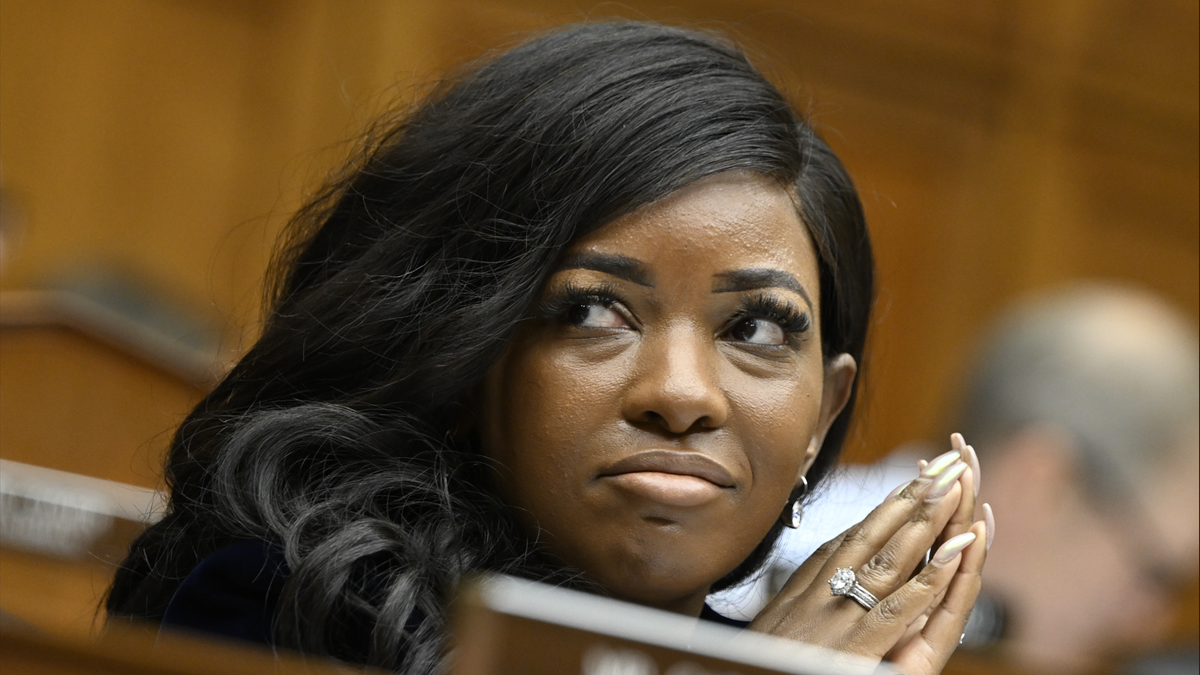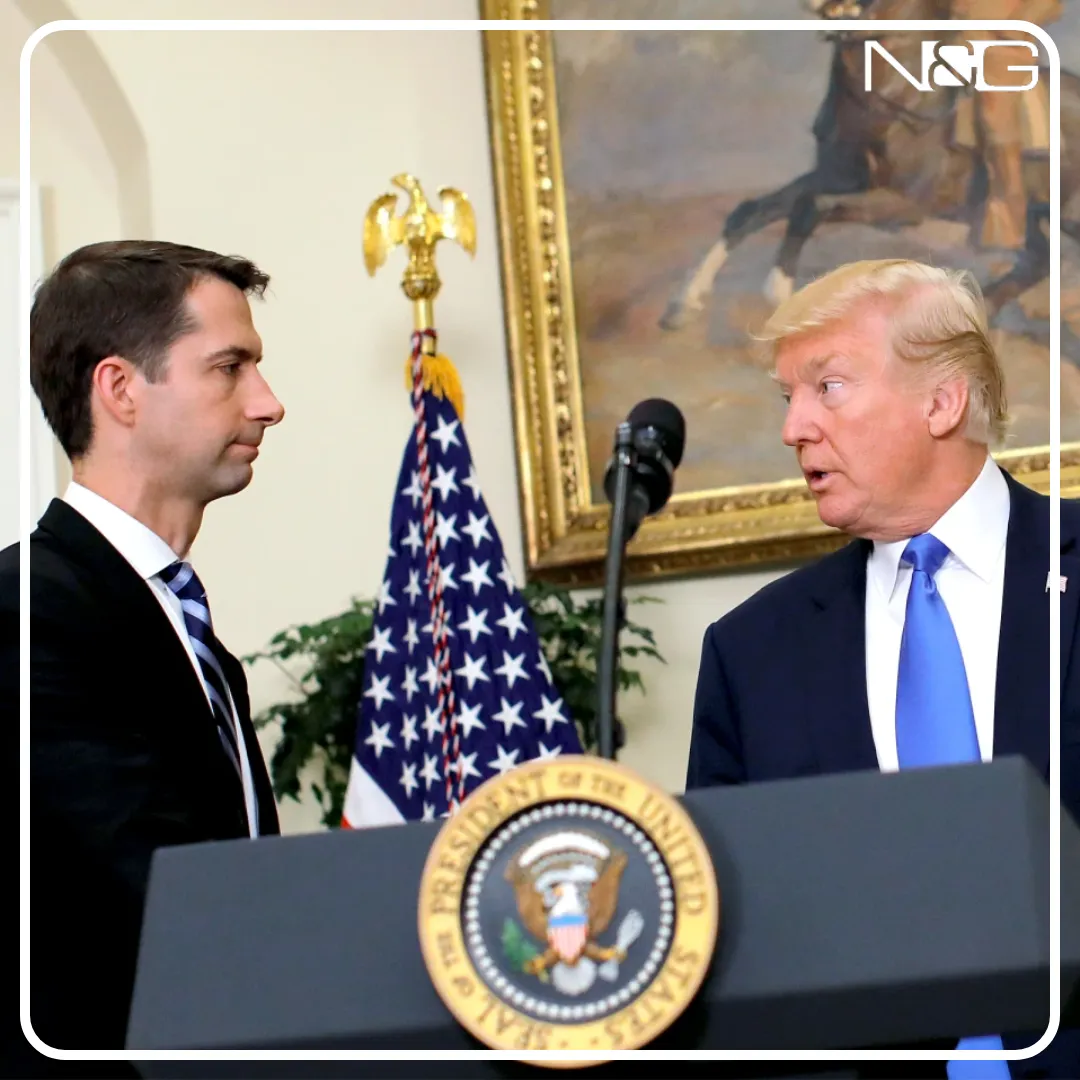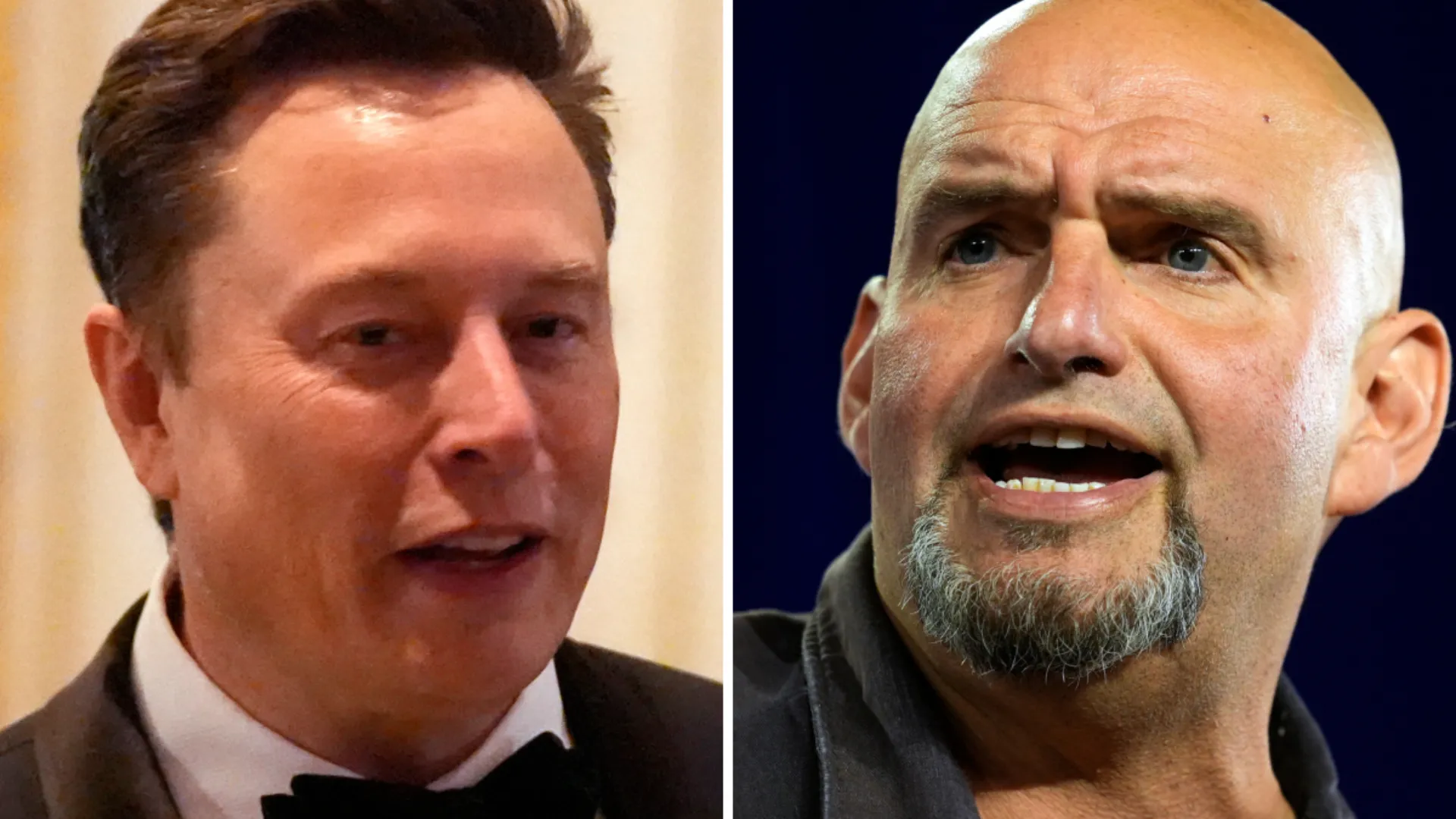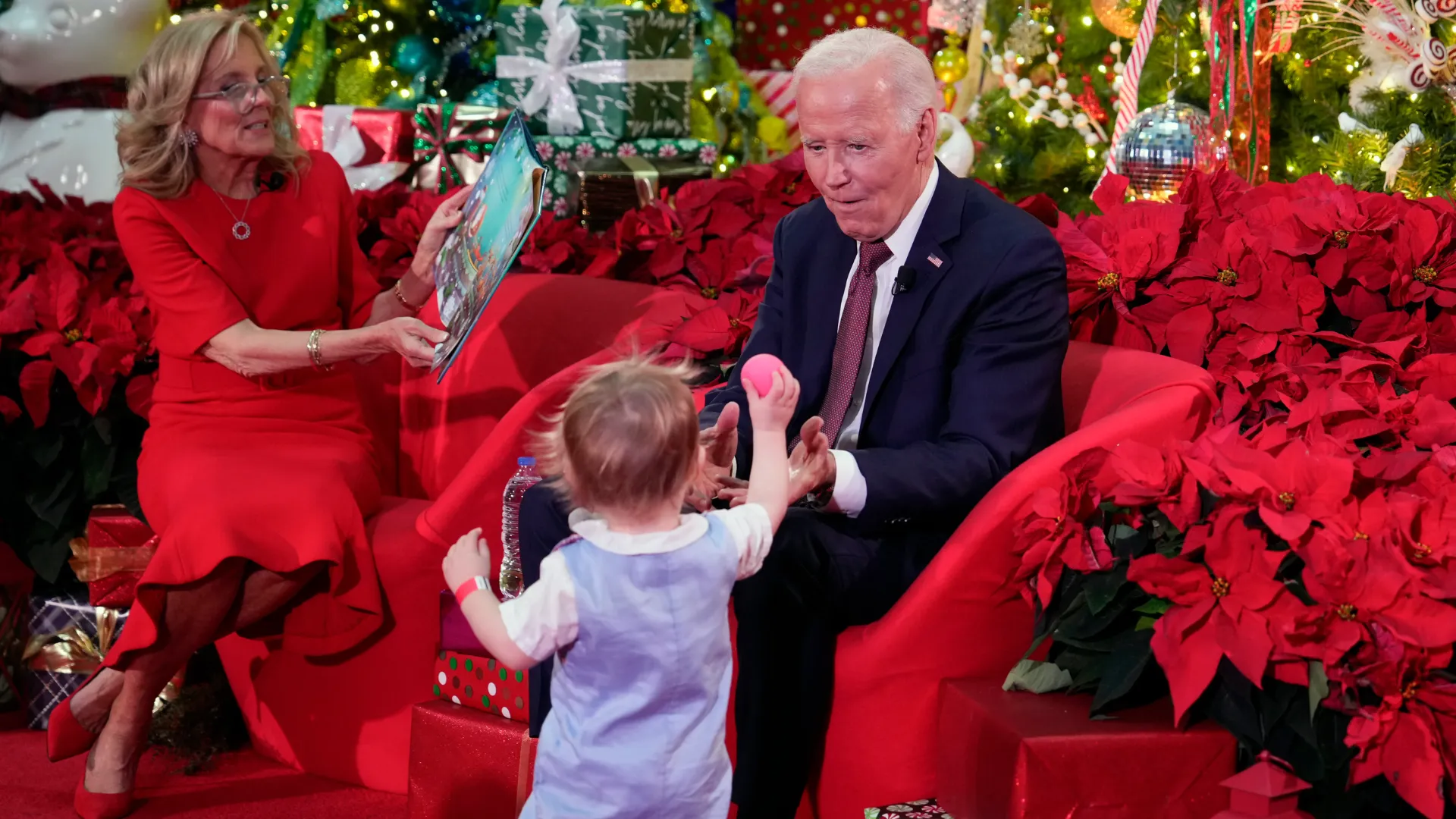Rep. Jasmine Crockett (D-Texas) has come under fire for her outspoken criticism of President Donald Trump’s executive order banning transgender athletes from competing in women’s and girls’ sports.
While most Democrats have remained silent on the issue, Crockett took to social media to express her disapproval, sparking intense backlash.
On Wednesday, Crockett posted on X, formerly Twitter, condemning Trump’s actions.
“On National Girls & Women in Sports Day, Trump is:
- banning trans kids from playing sports
- trying to cut Title IX women’s and girls’ athletics grants
- removing references to women, female, and equality on government websites,” she wrote. “LET ME BE CLEAR. This. Doesn’t. Protect. Women.”
Her remarks quickly drew criticism from social media users who accused her of misrepresenting the executive order.
"Nothing in your post is true," one user responded. "Transgender kids are not banned from playing sports—they just have to compete in leagues where their sex matches the other athletes. Or they can form their own leagues. This was done to keep men from dominating women's sports by pretending to be women. AKA 'protecting women's sports.'"

Another user dismissed Crockett’s claim that Title IX grants were being cut, stating, “There were no Title IX grants cut. Any references to ‘women, female & equality’ removed from any .gov website were removed in the context of transgender/gender ideology.”
Crockett’s stance was also criticized as misogynistic by some users who argued that prioritizing transgender inclusion over women's rights was discriminatory.
“Why do you care more about the feelings of some biological males over the rights and safety of women? There's a name for it when men are prioritized over women and given more rights. I was taught that’s misogyny,” one comment read.
Beyond the online backlash, polling data suggests that a majority of Americans, including many Democrats, oppose transgender athletes competing in women’s sports. A recent New York Times/Ipsos survey found that 79% of respondents believed biological males who identify as women should not be allowed to compete in women’s sports.
Among Democrats or Democrat-leaning respondents, 67% agreed with the ban.

Another poll conducted after the November election by the Concerned Women for America Legislative Action Committee showed that 70% of moderate voters considered Trump’s opposition to transgender inclusion in women’s sports an important issue.
Of those surveyed, 6% said it was the most important issue, while 44% classified it as “very important.”
Crockett’s history of clashing with conservatives over transgender policies extends beyond this recent controversy.
In December, during a House Oversight and Accountability Subcommittee on Health Care and Financial Services hearing, she criticized legislation from Texas and Florida restricting transgender athletes, referring to the two states as “deplorable.”
"When lawmakers like this are so far out of touch with what women need, we see states pushing back," Crockett said, responding to comments made by Rep. Glenn Grothman (R-Wis.).
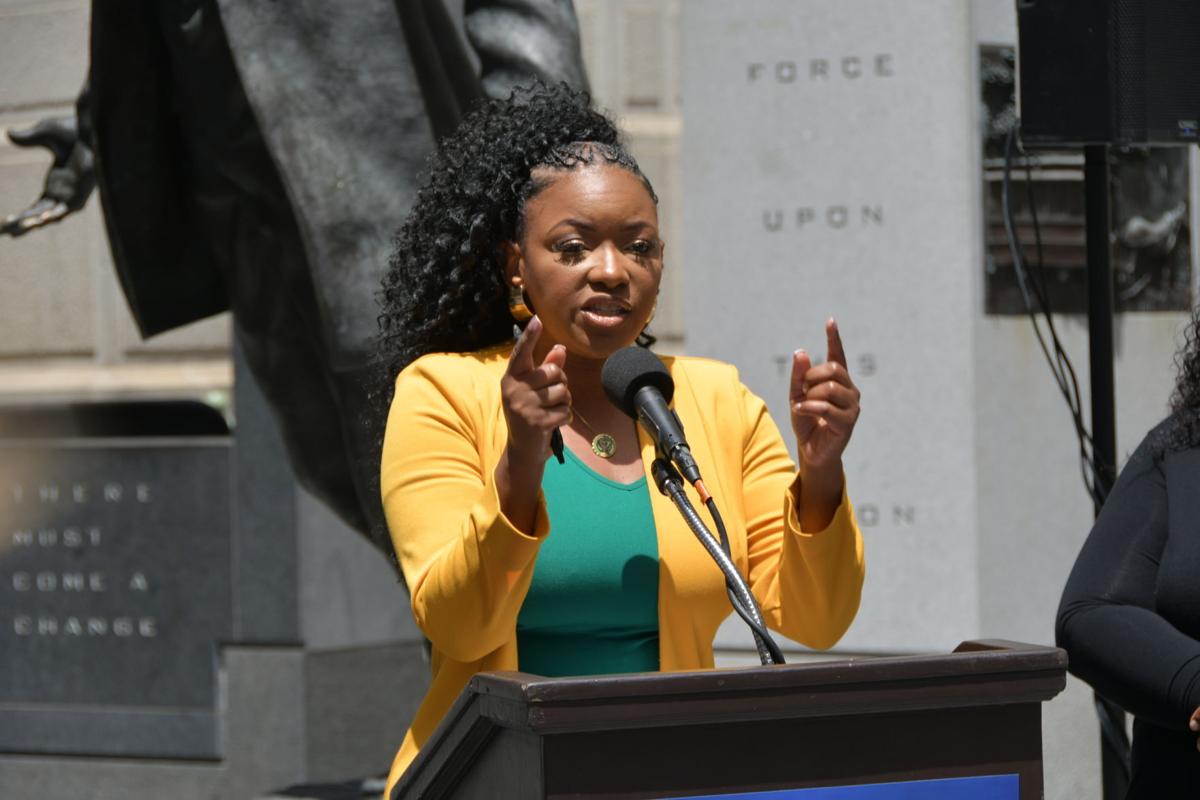
"At least states that will allow you to push back. I'm from the state of Texas, and, of course, they don't want you to ever have an opportunity to raise your voice in the state of Texas.”
She continued her criticism by taking aim at the Heritage Foundation, a conservative think tank that has supported state-level transgender restrictions.
“In fact, Ms. Perry, I know your organization, the Heritage Foundation, loves Texas. Oh, they love Texas," Crockett said during the hearing.
"They always sending us some nonsense bills that somehow set this country on the wrong trajectory. They send them to Texas. They send them to Florida. Every deplorable state that we can think about, they usually coming out of y’all's think tank.”
While Crockett remains firm in her opposition to Trump’s executive order, her stance has put her at odds with both public sentiment and some members of her own party.

With growing bipartisan support for restricting transgender participation in women’s sports, the debate over fairness and inclusion in athletics is likely to continue shaping policy discussions heading into the next election cycle.
